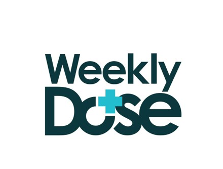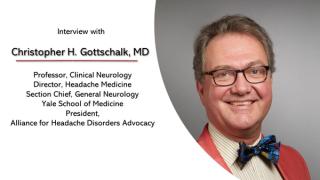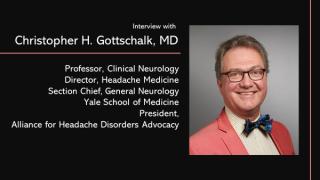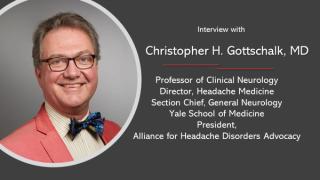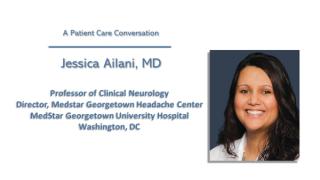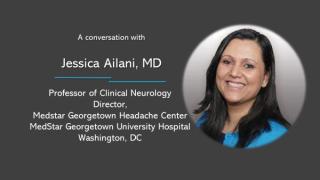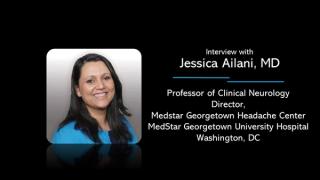
Neurology
Latest News
Latest Videos

CME Content
More News

New data from the DROP-AD study suggests that dried blood spots could revolutionize screening approaches for clinical trials.

Your daily dose of the clinical news you may have missed.

The FDA has accepted a supplemental NDA for AXS-05 for agitation associated with Alzheimer disease and granted Priority Review, with a PDUFA action date of April 30, 2026.
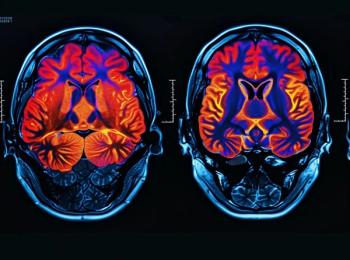
Take a quick look back at developments this year with our higlights of acceleration of DMTs, particularly focusing on anti-amyloid antibodies and novel oral agents.

A multidisciplinary panel of neurologists, geriatricians, and researchers examined how early identification, equitable access, and value-based models could reshape Alzheimer disease care.

Your daily dose of the clinical news you may have missed.
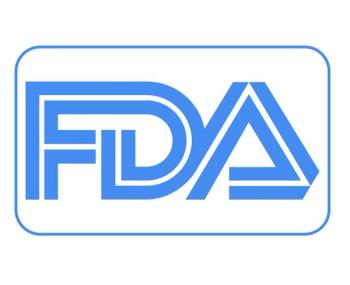
The mobile-based program targets cognitive processes underlying attention and is intended for use alongside medication, therapy, or education.

Missed endpoints in midstage tau trials are reshaping the Alzheimer pipeline, with growing focus on inflammatory and vascular pathways. Review them here.

A population-based study finds stimulant prescribing accelerated after 2020, with the largest increases among adults and women.

A new review examines whether neuromodulation techniques may help address excessive daytime sleepiness across neurologic and psychiatric conditions.

Findings highlight an AI-based machine-learning approach designed to work around incomplete diagnostic labeling in Alzheimer disease using routine clinical data.

How does alcohol figure in to American holiday celebrations? We checked with Alcohol.org for this quiz. Are answers what you expect?
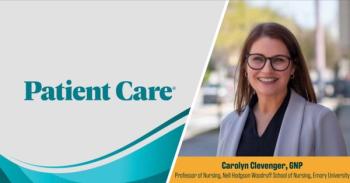
Clevenger speaks to primary care clinicians, emphasizing 3 priorities: engage family as partners, ask about agitation, and recognize its danger to patient and caregiver.

Episode highlights include a new AD blood test for PCPs, sleep effects of elinzanetant among postmenopausal women, lung cancer screening gains, and more.

The revised AHS guideline recommends treatments that offer the strongest benefit at ED discharge and identifies options with limited or no supporting evidence.

Kallyope's Oral TRPM8 Antagonist Advances Toward Registrational Studies for Acute Migraine Treatment
Kallyope reported favorable phase 2b data in acute migraine for elismetrep, a novel ion channel protein, highlighting competitive efficacy and good tolerability.

Blood-based monitoring could enable earlier intervention as approximately 20% of initially negative participants transitioned to positive biomarker status.

The study supports the feasibility of structured operational strategies to narrow dangerous gaps in guideline-recommended inpatient OSA testing, authors wrote.
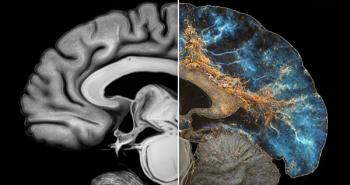
CTAD 2025: Early, continued treatment with lecanemab may delay Alzheimer disease progression by up to 8.3 years; SC dosing demonstrates bioequivalence.

The phase 3 results offer key lessons for metabolic and inflammatory pathway targets, ADDF notes, highlighting biomarker findings that advance Alzheimer science.

“There’s Always Something We Can Do" for Agitation in Alzheimer Disease, Says Carolyn Clevenger, GNP
Clevenger, a professor of nursing at Emory University, shares practical strategies to manage agitation in Alzheimer disease, emphasizing that this symptom is treatable.
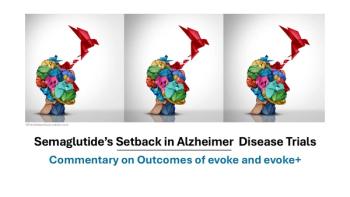
Semaglutide did not slow AD progression in phase 3 evoke trials. UK and US experts express disappointment but laud value of outcomes to continuing research.

Your daily dose of the clinical news you may have missed.

New data reveals lecanemab's significant impact on amyloid-beta protofibrils in Alzheimer disease, showcasing its potential to slow disease progression.

Two-year structured lifestyle "recipe" slowed cognitive aging and enhanced both cardiovascular and sleep health in older adults at risk for cognitive decline.



